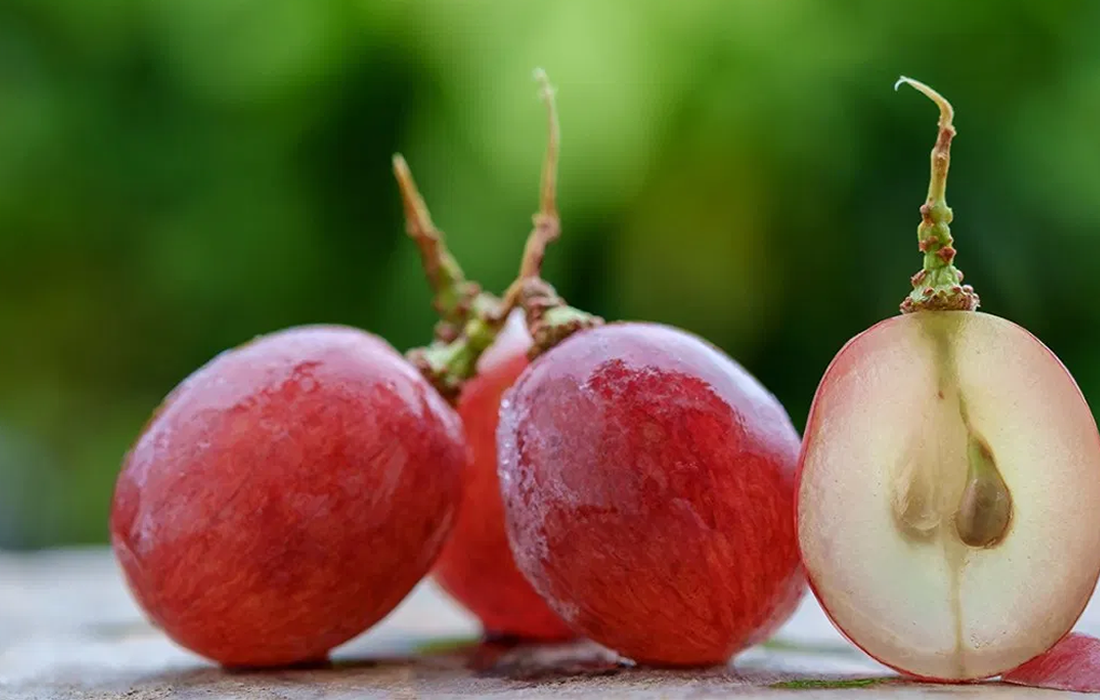Anti-Aging
New Study Finds A Chemical in Grapes that Increase Lifespan by Killing Aged Cells
Aging is one of the biggest risk factors for chronic diseases, including cardiovascular diseases, metabolic disorders, neurodegenerative pathologies and diverse types of cancers.
In recent years, big progress has been made to develop agents to treat individual age-related conditions, such as diabetes, osteoporosis, skeletal fragility and vascular dysfunction. However, the effect has been modest.
Several factors affect healthspan and lifespan and have been identified through studies. Of these fundamental ageing mechanisms, cellular senescence has received substantial attention, because it represents a druggable process that prevents or delays multiple ageing comorbidities.
New Study Findings
A recently published study in the journal Nature Metabolism screened a natural product medicinal library composed of anti-ageing agents and identified several candidates. One of them, procyanidin C1 (PCC1) found in grape seeds.
This is a chemical isolated from grape seed extract that prolongs the lifespans of old mice by 9% by clearing out their old cells. The treatment also seems to make the mice physically fitter and reduces the size of tumors when used combined with chemotherapy.
At low concentrations, PCC1 appears to prevent senescent cells from producing proinflammatory substances and at high concentrations the chemical kills the cells, while leaving younger cells undamaged.
The research team used a mouse model, injecting 171 mice that were 2 years of age (around 70 human years), with either PCC1 or a control solution twice a week for the remaining of their lives.
They saw that the compound also increased the physical fitness of the mice. Mice that received the treatment had a significantly faster maximum walking speed, stronger grip strength and better endurance when running on a treadmill, compared with mice that had been given the control solution.
They concluded that PCC1 is a natural senotherapeutic agent with in vivo activity and high potential for further development as a clinical intervention to delay, alleviate or prevent age-related pathologies.
According to the researchers, the fact that the chemical didn’t affect healthy cells suggests it could be used as a promising anti-aging therapeutic agent.
Source:
Xu, Q., Fu, Q., Li, Z. et al. The flavonoid procyanidin C1 has senotherapeutic activity and increases lifespan in mice. Nat Metab (2021).
https://doi.org/10.1038/s42255-021-00491-8
Carissa Wong (2021, Dec 6). Grape seed chemical allows mice to live longer by killing aged cells. NewScientist. Retrieved from:
https://www.newscientist.com/article/2300346-grape-seed-chemical-allows-mice-to-live-longer-by-killing-aged-cells/
Image from:
https://www.healthline.com/nutrition/can-you-eat-grape-seeds

